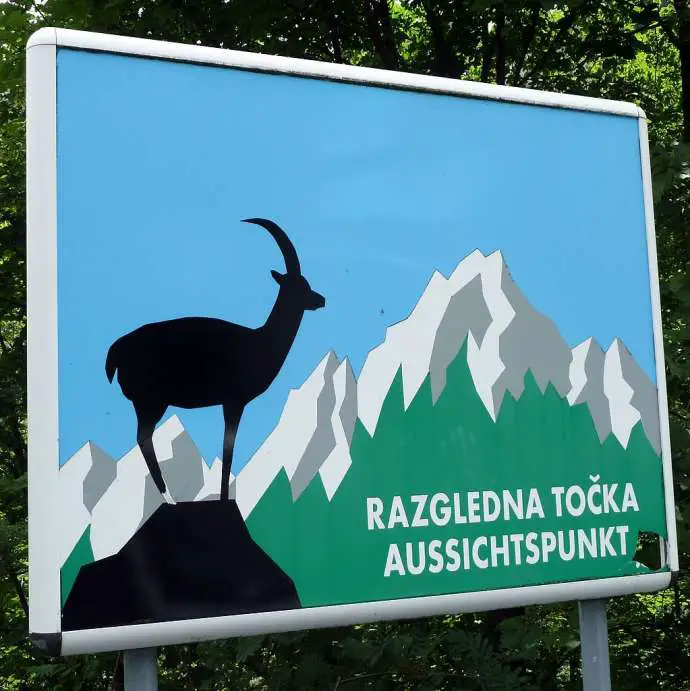STA, 4 June 2020 - Slovenia has recorded no new coronavirus cases among 828 tests carried out yesterday, fresh data from the government show. Only five cases of infection remain active in the country.
Five Covid-19 patients remain in hospital, none of them requiring intensive treatment.
The total number of Sars-Cov-2 cases so far confirmed in the country remains at 1,477. The death toll remains at 109.
The country has so far conducted 81,333 tests for Sars-Cov-2.
STA, 4 June 2020 - The government has put Austria on a list of countries whose citizens are free to enter Slovenia without restrictions from midnight, a move that comes after Austria opened its borders for all neighbours bar Italy, government coronavirus spokesman Jelko Kacin announced on Thursday.
This leaves Italy as the only neighbouring country whose citizens are still subject to travel restrictions in Slovenia. Kacin said the National Institute of Public Health (NIJZ) is keeping a close eye on the situation and analysing when restrictions might be lifted.
Italian Foreign Minister Luigi di Maio is scheduled to pay a visit to Slovenia on Saturday and Kacin indicated it should be clear by then when the restrictions might be lifted for Italian citizens as well.
Croatia was the first to be put on the list of countries whose citizens may enter Slovenia without any restrictions, on 19 May, followed by Hungary at the end of May, both based on bilateral agreements between foreign ministries.
Such bilateral agreements are in lieu of an EU-wide agreement on the reopening of borders after the coronavirus epidemic.
According to current rules, other EU and Schengen zone citizens may enter Slovenia without restrictions only if they fall into one of 17 categories of exemptions, such as tourism, ownership of property, some kinds of business or to visit relatives, in all other cases they must submit to a 14-day quarantine.
Similar measures are in place for third-country nationals, but for them the list of exemptions is much narrower.
Kacin said Slovenia was currently in the process of analysing which countries in the region, in particular in South-East Europe, as well as more distant countries may be placed on the list. The decision will be based on analyses of the epidemiological situation in each individual country.







